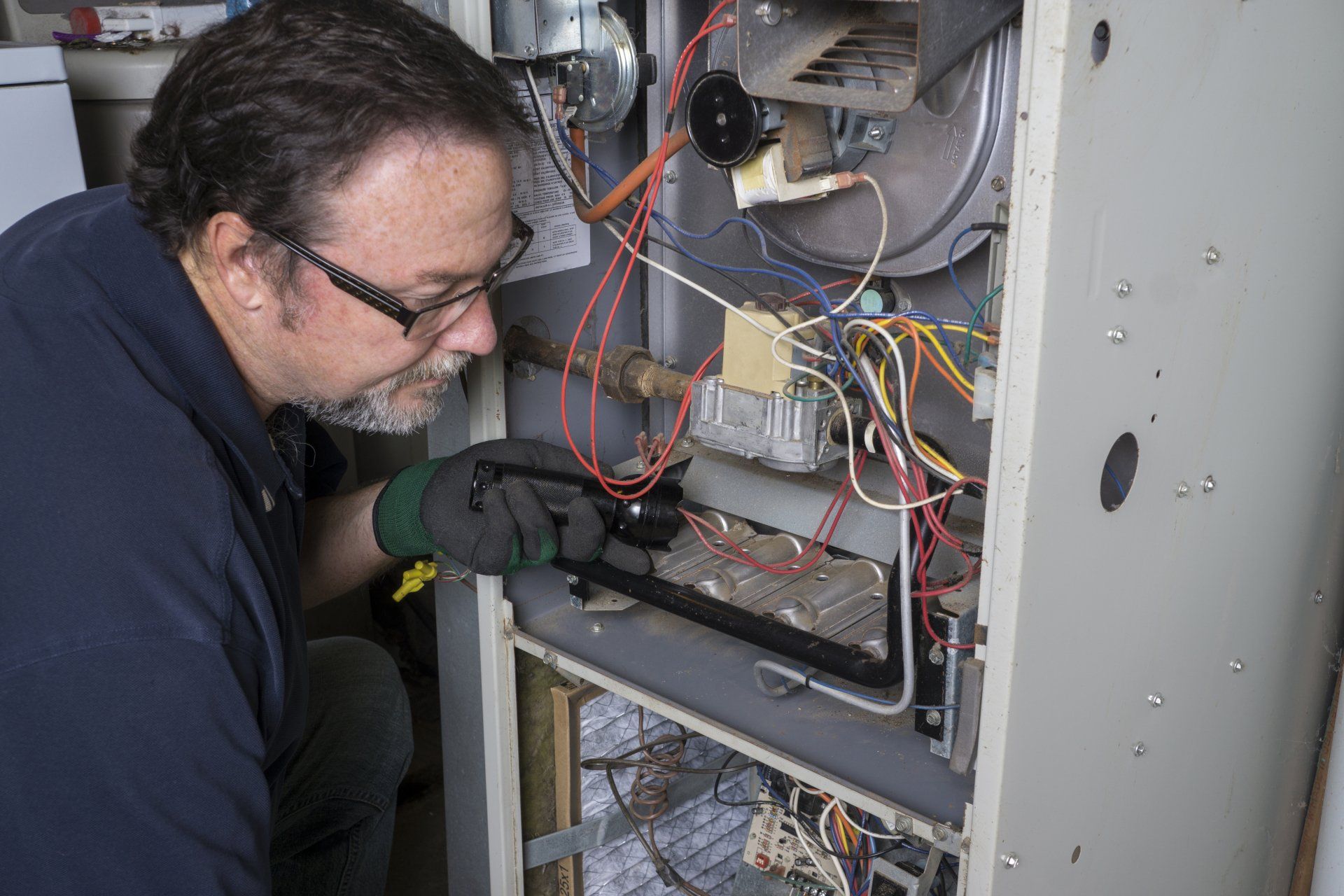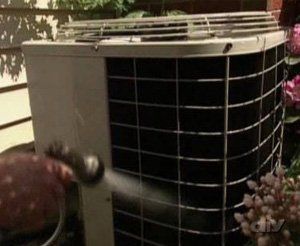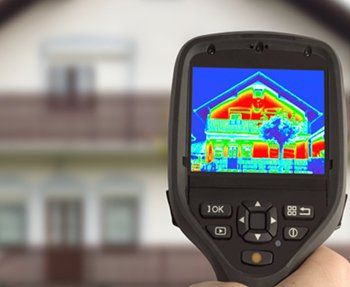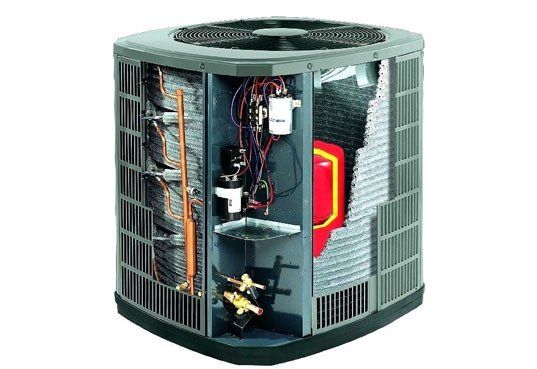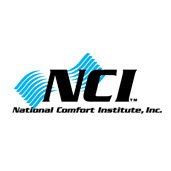Things To Consider When Purchasing An AC System
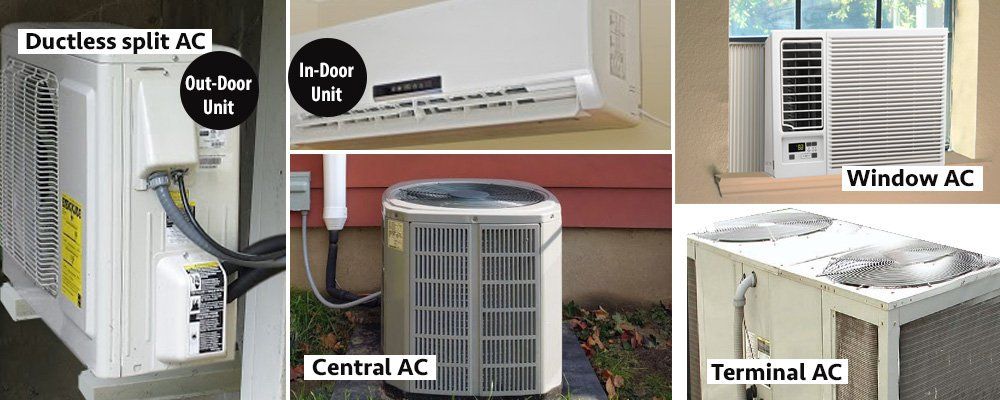
Air conditioners are still the best option if you are looking for a machine to cool your environment. Not only are ACs simple to use, but they can efficiently of shift temperatures from hot to cold. However, when it comes to buying the perfect air conditioning unit, you just can’t point and pick the fanciest system in the store. If you want to efficiently cool your indoors, you need to consider a couple of things when looking for the right AC.
Measurements
Air conditioners come in various shapes and sizes to accommodate all kinds of spaces. There are some that can cool larger areas, while others perfectly fit studio-size apartments. It is crucial to get your potential AC’s size correct the first time. If you don’t, setting up the system is going to be a headache. You have to go all the way back to the store where you purchased the wrong unit and ask for the correct size before installing the AC. What’s more, if you’ve equipped your room with the wrong-sized unit, the system will have a harder time keeping the place cool.
Type Of AC Unit
Having a variety of AC units allows all kinds of properties to effectively keep their rooms cool. There are air conditioners created for huge commercial spaces, while others work better in smaller areas. If you are unfamiliar with the types of AC units, here is a list of what you’d expect to see:
- Window air conditioner – the most common
- Through-the-wall air conditioner – similar to window ACs but heavier
- Portable air conditioners – mobile, self-contained, and freestanding on the floor
- Ductless mini-split system – a self-contained unit that comes in two parts but requires less space
- Central air conditioners – expensive, but delivers excellent comfort levels and improved technology
- Packaged terminal air conditioners – often found in hotels and offices
Energy Efficient AC, Yes Or No?
Modern air conditioning units now have high energy efficiency options. This means that you can set your unit to energy saving or eco-friendly mode to reduce your energy consumption. In the long run, lowering your energy usage does help you save some cash. But there are some properties that do not need to have a system that has energy-saving options. Why? Because even when energy efficient ACs lower your electricity bill, the unit itself can be expensive. You have to know how often you are going to use the unit. If you are planning to turn on the AC a couple of times a week, then an energy efficient system is for you. However, if you are only going to use it a few times a year, you can purchase a cheaper unit.
If you are still undecided on what type of unit to get, contact Tony’s Heating & Cooling
for help. We provide outstanding air conditioning
units for properties located in Saint Clair and Macomb Counties, MI
. We have a system that can fit perfectly in your home, so give us a call at
(586) 725-8669
.
